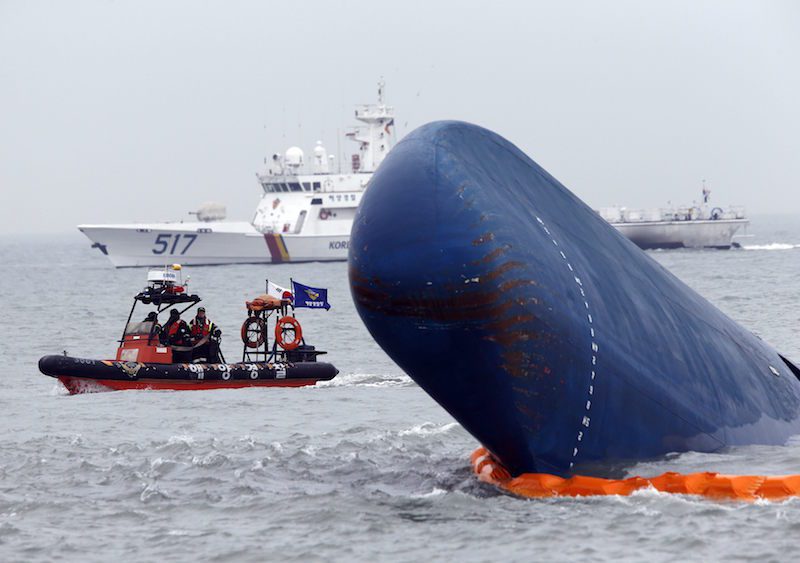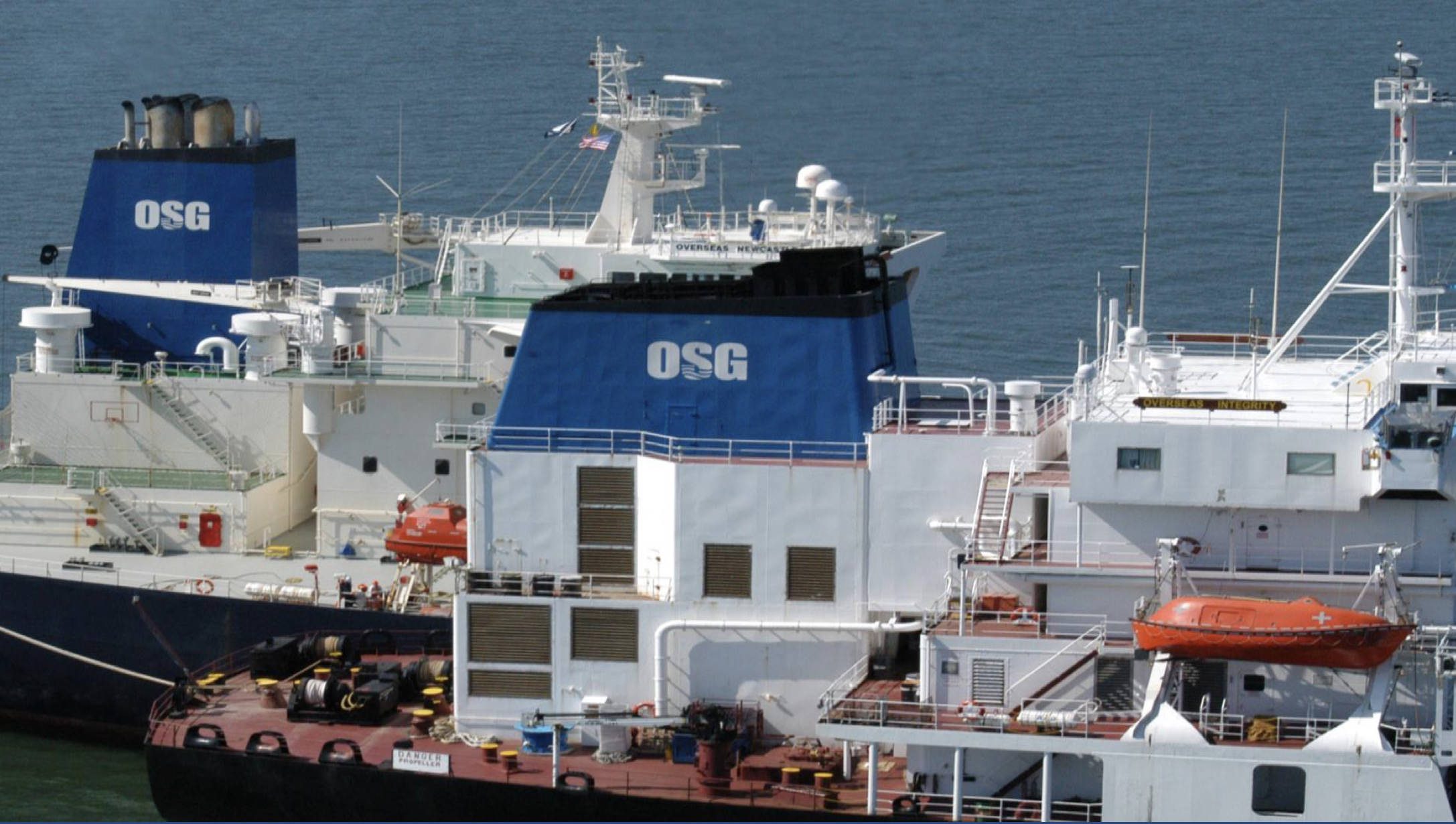Rescue boats sail around the South Korean passenger ship “Sewol” in this photo taken April 17, 2014. REUTERS/Kim Kyung-Hoon
The International Organization of Masters, Mates & Pilots (MM&P) has published a study highlighting the complex issue responsibility for shipboard safety and the implications from commercial pressures that exist in shipping.
The study, titled Spotlight: Why Accidents Are Often Not Accidental, was conducted in conjunction with Dalhousie University of Halifax, Nova Scotia. It describes in detail the maritime safety regulatory regime and explores a number of high-profile international maritime accidents.
The study focuses in large part on the safety implications of commercial pressures that exist in both the national and international shipping markets and the effects these pressures have on front-line personnel (i.e. officers and crew), safety inspectors, and management. The authors also present their personal experiences in attempting to maintain safety standards.
Among the contributors to the study, which was presented to the World Maritime Rescue Conference in Vancouver, Canada, were professional mariners who had been scapegoated by their employers for urging that serious shipboard safety problems be addressed, as well as experts on international maritime law, the international regulatory regime and classification societies.
According to the authors of the study, on a domestic level, operators in all shipping markets are understandably reluctant to forgo income while a ship is pulled out of service to be repaired. In international shipping, where the flag-of-convenience system dominates, owners are free to choose which flag state and class society to use. This results in commercial pressure on flag states and class societies, which may decide to turn a blind eye to safety problems as a way to attract and retain clients.
“In this scenario, it is no surprise that ship’s officers who bring safety issues to the attention of management are exposed to the risk of retaliation: as whistleblowers they may face punishment, demotion or even termination,” the MM&P said in a press release.
The study illustrates how these complex factors may have contributed to a number of highly publicized marine accidents that involved significant loss of life or damage to the environment, including the 2002 Prestige disaster; the sinking of the Russian riverboat Bulgaria in 2011 and of the Korean ferry Sewol in 2014; and the sinking of the bulk carrier Stellar Daisy in 2017.
You can download the full study on the MM&P website here.
Unlock Exclusive Insights Today!
Join the gCaptain Club for curated content, insider opinions, and vibrant community discussions.

 Join The Club
Join The Club







![A screengrab of a map showing an earthquake Mindanao, Philippines on Dec 2, 2023. (Image: US Geological Survey [USGS])](https://gcaptain.com/wp-content/uploads/2023/12/Screenshot-2023-12-02-at-10.45.17-AM-copy.png.webp)





